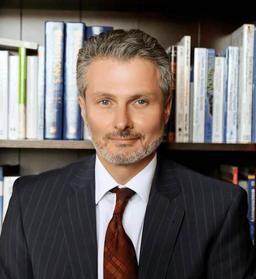Many of the chemicals used to bottle, wrap and package our foods may be cancer-causing, hormone-disrupting, allergy-inducing, and mood-altering. These toxic plasticizers can migrate directly into our food.
“BPA-free” plastic products have progressively infiltrated the shelves of your local store in the past decade, but are these products as safe as they claim to be? Many of these “BPA-free” plastic products still use chemical alternatives, such as bisphenol S (BPS) which are still not safe for people to use.






